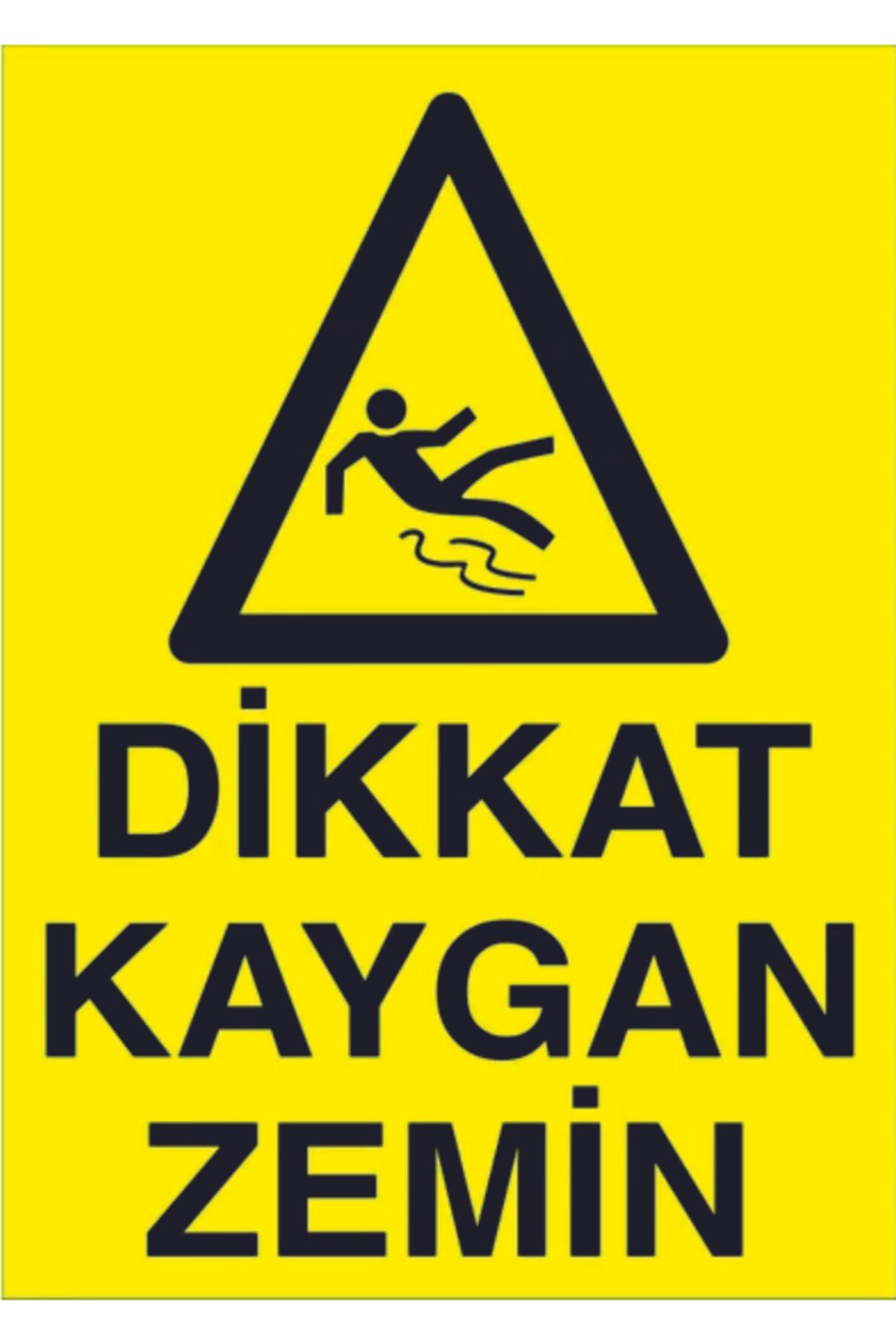Suspecting Adult ADHD: A Practical Guide To Next Steps

Table of Contents
Recognizing the Signs of Adult ADHD
Recognizing the signs of Adult ADHD is the first crucial step. While symptoms vary, some common indicators can help you determine if further investigation is warranted.
Common Symptoms in Adults
Adult ADHD symptoms often manifest differently than in children. Instead of hyperactivity, adults might experience internal restlessness or difficulty focusing on tasks. Common symptoms include:
- Difficulty focusing and sustaining attention on tasks: This can lead to trouble completing projects, losing track of conversations, and frequent distractions. This is often described as feeling "scatterbrained."
- Impulsivity leading to poor decision-making and financial difficulties: Impulsive behaviors might include making hasty decisions, spending impulsively, or engaging in risky behaviors.
- Hyperactivity, restlessness, or excessive fidgeting: This can manifest as an inability to sit still, constant pacing, or excessive talking. In adults, this is often internalized restlessness.
- Problems with organization and time management: This leads to missed deadlines, disorganization, and difficulty prioritizing tasks. Time blindness is a common experience.
- Chronic procrastination and difficulty completing projects: Procrastination is a significant symptom, often stemming from difficulty starting or maintaining focus on tasks.
- Emotional dysregulation, including mood swings and irritability: Individuals with Adult ADHD may experience heightened emotional responses and difficulty regulating their emotions.
- Challenges with relationships due to communication difficulties: Impulsivity and difficulty focusing can strain relationships, leading to misunderstandings and conflict.
Differentiating ADHD from other conditions
It's crucial to remember that ADHD symptoms can overlap with other conditions like anxiety, depression, and learning disabilities. Self-diagnosis is unreliable; a professional assessment is essential to determine if you have Adult ADHD and to rule out other possibilities.
- Keep a symptom journal: Track your symptoms, noting their frequency, intensity, and any potential triggers. This valuable information will be helpful for your healthcare provider.
- List other potential conditions: Make a list of any other health concerns you have, including anxiety, depression, or learning difficulties.
- Prepare for a thorough discussion: Be ready to openly discuss your symptoms, history, and family history with a healthcare professional.
Seeking Professional Help for Adult ADHD
Once you suspect you might have Adult ADHD, seeking professional help is the next critical step. This involves finding the right healthcare provider and undergoing a comprehensive diagnostic process.
Finding the Right Healthcare Professional
Choosing a healthcare professional experienced in diagnosing and treating Adult ADHD is paramount.
- Consider specialists: Psychiatrists, psychologists, and some primary care physicians specializing in ADHD are all suitable options.
- Research professionals: Use online resources to research professionals in your area with experience in Adult ADHD. Look for reviews and testimonials.
- Seek referrals: Your primary care physician can often provide referrals to specialists.
The Diagnostic Process for Adult ADHD
The diagnostic process for Adult ADHD typically involves a comprehensive evaluation:
- Comprehensive evaluation: Expect interviews, questionnaires (such as the Adult ADHD Self-Report Scale – ASRS), and potentially neuropsychological testing.
- Gather information: Collect information regarding your symptoms, personal history, and family history of ADHD.
- Honest and open communication: Be honest and transparent during your assessments.
- Multiple sessions: The diagnostic process may require several sessions to reach an accurate diagnosis.
Understanding Treatment Options for Adult ADHD
Effective treatment for Adult ADHD often involves a combination of medication and therapy, along with lifestyle changes.
Medication Management
Medication is a common treatment option for managing ADHD symptoms.
- Stimulant and non-stimulant medications: These are commonly prescribed to help improve focus, attention, and impulse control.
- Discuss potential side effects: Discuss potential side effects and benefits with your doctor before starting any medication.
- Medication and therapy: Medication is most effective when used in conjunction with therapy.
- Regular monitoring: Regular monitoring and adjustments are crucial for optimal medication management.
Therapy and Lifestyle Changes
Therapy and lifestyle modifications play a significant role in managing Adult ADHD.
- Cognitive Behavioral Therapy (CBT): CBT helps develop coping mechanisms and strategies for managing ADHD symptoms.
- Lifestyle changes: Regular exercise, a balanced diet, and sufficient sleep are crucial for improving symptom severity.
- Mindfulness and stress management: Mindfulness techniques and stress management practices can also significantly help.
Conclusion
Suspecting Adult ADHD can be overwhelming, but taking proactive steps towards diagnosis and treatment is crucial for improving your quality of life. By recognizing the signs, seeking professional help, and understanding available treatment options, you can begin your journey toward managing your Adult ADHD symptoms effectively. Don't delay – take the first step today and find a healthcare professional to discuss your concerns about Adult ADHD. Schedule that appointment now and begin your path towards a better understanding and management of your Adult ADHD.

Featured Posts
-
 Helena Och Ivas Flykt Fran Skolskjutningen
Apr 30, 2025
Helena Och Ivas Flykt Fran Skolskjutningen
Apr 30, 2025 -
 Our Farm Next Door Amanda Clive And The Kids Farming Life
Apr 30, 2025
Our Farm Next Door Amanda Clive And The Kids Farming Life
Apr 30, 2025 -
 Amanda Owen Shares Update Following A Difficult Period On Our Yorkshire Farm
Apr 30, 2025
Amanda Owen Shares Update Following A Difficult Period On Our Yorkshire Farm
Apr 30, 2025 -
 Life On Our Farm Next Door Following Amanda Clive And Their Children
Apr 30, 2025
Life On Our Farm Next Door Following Amanda Clive And Their Children
Apr 30, 2025 -
 Ru Pauls Drag Race Season 17 Episode 8 Preview A Wicked Good Time
Apr 30, 2025
Ru Pauls Drag Race Season 17 Episode 8 Preview A Wicked Good Time
Apr 30, 2025
Latest Posts
-
 Yate House Explosion Leaves Three Injured Investigation Underway
Apr 30, 2025
Yate House Explosion Leaves Three Injured Investigation Underway
Apr 30, 2025 -
 Three Injured In Yate House Explosion Gas Leak Suspected
Apr 30, 2025
Three Injured In Yate House Explosion Gas Leak Suspected
Apr 30, 2025 -
 Nevsehir De Kaygan Zemin Yueksekten Duesme Kazasinin Detaylari
Apr 30, 2025
Nevsehir De Kaygan Zemin Yueksekten Duesme Kazasinin Detaylari
Apr 30, 2025 -
 Yueksekten Duesme Kazasi Nevsehir De Kaygan Zemin Felaketi
Apr 30, 2025
Yueksekten Duesme Kazasi Nevsehir De Kaygan Zemin Felaketi
Apr 30, 2025 -
 Nevsehir De Goeruenmez Tehlike Kaygan Zemin Yueksekten Duesmeye Neden Oldu
Apr 30, 2025
Nevsehir De Goeruenmez Tehlike Kaygan Zemin Yueksekten Duesmeye Neden Oldu
Apr 30, 2025
